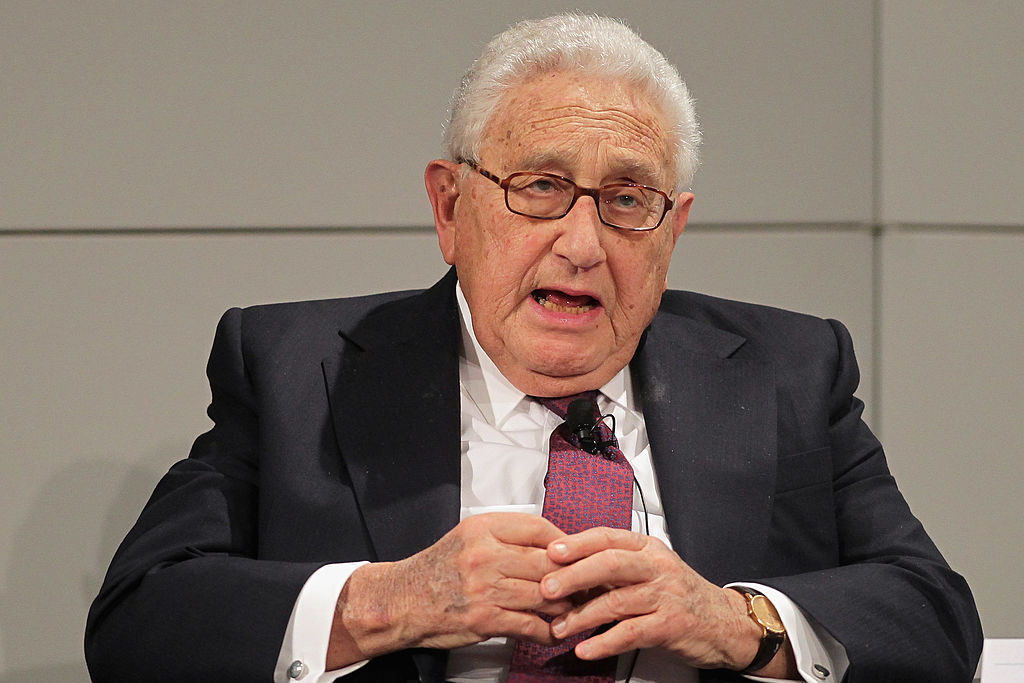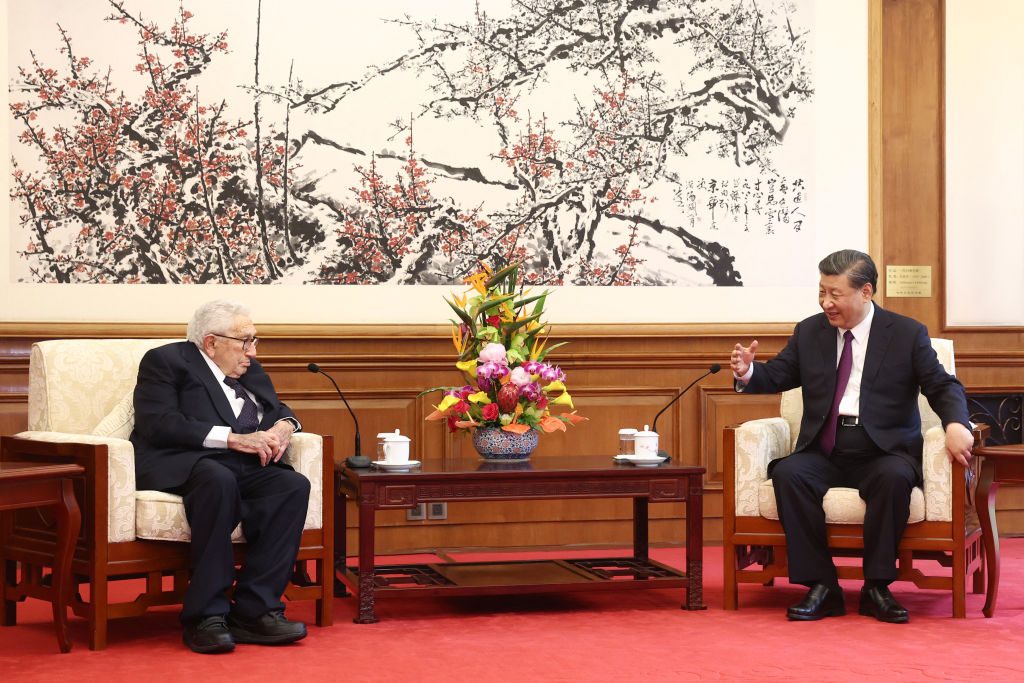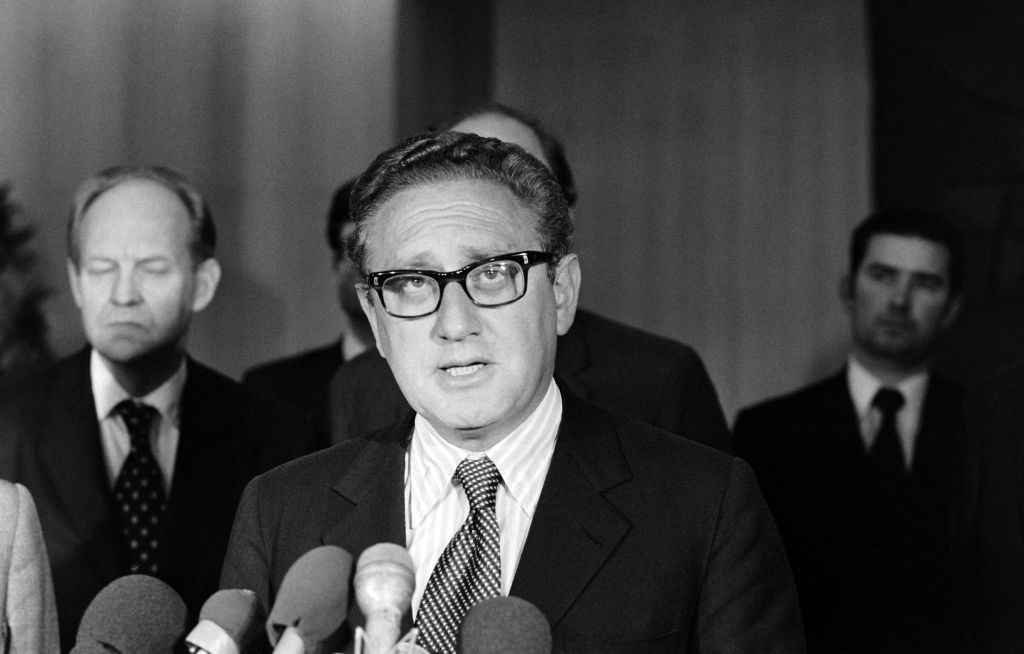- Saturday, July 27, 2024
Having served under two US presidents and dominating Washington’s foreign policy in the Cold War years, Kissinger was active even past his centenary, and visited China.

By: Shubham Ghosh
HENRY Kissinger, one of the most noted international diplomats of the Cold War era and a controversial Nobel Peace Prize winner who had left an indelible mark on the foreign policy of the United States, passed away on Wednesday (29).
He was 100 and died at his home in Connecticut.
His demise was confirmed by Kissinger Associates Inc. He is survived by his wife Nancy Maginnes whom he married in 1973 and two children — Elizabeth and David from his first wife Ann Fleischer — and five grandchildren.
Read: Kissinger, who strongly disliked Indira Gandhi, batted for robust US ties with Modi’s India
Having served under two US presidents and dominating Washington’s foreign policy in the Cold War years, Kissinger was active even past his centenary, attending meetings in the White House and publishing a book on leadership styles. He also testified before an American Senate committee about the nuclear threat posed by North Korea. In July this year, two months after he turned 100, Kissinger made a surprise visit to China to meet its president Xi Jinping.

In the 1970s, Kissinger, who had served as the US’s national security advisor (1969-75) and secretary of state (1973-77) under presidents Richard Nixon and Gerald Ford, had played a key role in a number of major global events. The German-born Jewish refugee’s contributions led to the diplomatic of China; the landmark arms control talks between the US and erstwhile Soviet Union; expanded relations between Israel and its Arab neighbours and also the Paris Peace Accord with the former North Vietnam.
While Kissinger’s influence as the prime architect of the US foreign policy faded with the exit of Nixon in 1974, yet he continued to be a major diplomatic force under president Ford, who called him a “super secretary of state”, and offered strong opinions throughout his life.

The former diplomat’s evaluation remains a split one. While many consider him as a brilliant diplomat, others saw him as a war criminal for backing communist dictatorships, especially in the Latin American region.
His 1973 Peace Prize – awarded jointly to North Vietnam’s Le Duc Tho, who would decline it – was one of the most controversial ever.
Two members of the Nobel committee even quit over the selection and questions arose about Washington’s secret bombing of Cambodia.
Born as Heinz Alfred Kissinger in Furth in the Weimar Republic which is today’s Germany on May 27, 1923, Kissinger moved to the US with his family in 1938 before the Nazi campaign to exterminate European Jews.
After anglicizing his name to Henry, Kissinger became a naturalized American citizen in 1943, and served in the Army in Europe in the Second World War. He went to Harvard University on scholarship, earning a master’s degree in 1952 and a doctorate in 1954.
He was on Harvard’s faculty for the next 17 years.
Kissinger had also served in the 9/11 Commission in November and December 2002.
(With Reuters inputs)